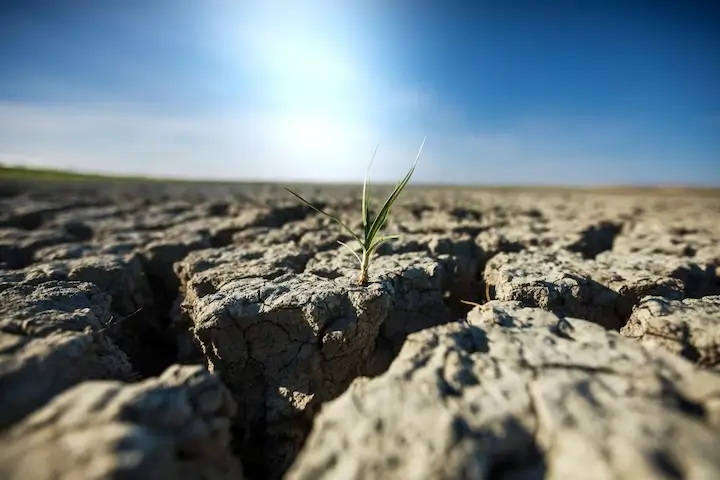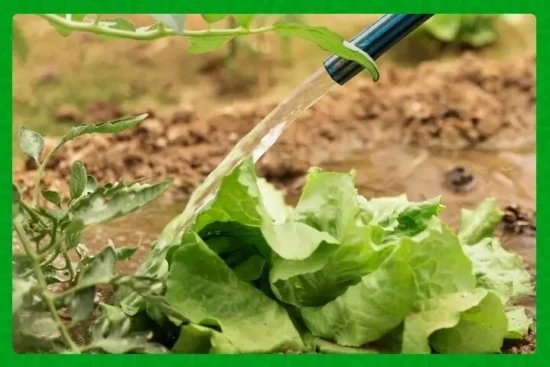
Namibia, a country often plagued by drought conditions, faces the daunting task of allocating significant funds towards drought relief programs. According to the Minister of Finance and Public Enterprises, Iipumbu Shiimi, the government has been spending an average of N$500 million on these relief efforts annually. This substantial investment aims to support communities suffering from the severe impacts of drought, helping them cope with the adverse effects on their livelihoods.
Climate change and its associated impacts on economic growth are multifaceted, affecting various sectors of Namibia’s economy. As Minister Shiimi highlighted, the challenges posed by climate change are unlikely to abate anytime soon. In fact, a Food and Agriculture Organisation report released in April 2023 raised concerns about the potential return of El Niño in 2023, following three years of La Niña. Such predictions have serious implications for disaster management and relief, necessitating additional budget allocation in the coming years to mitigate the impact of climate-related disasters.
Over the years, Namibia has experienced seven severe droughts, leading to several states of emergency being declared between 1992 and 2019. The recurrence of such events continues to threaten the well-being of hundreds of thousands of people, including farmers. During the 2019 drought, crop production under rain-fed conditions plummeted by 48% below average, with pearl millet suffering a staggering 41% decrease. These figures had a profound impact on the country’s GDP and overall economic growth.
The consequences of climate change on Namibia’s natural resources alone could result in annual losses amounting to up to 6% of GDP over a 20-year period. Land productivity per hectare is projected to decline by up to 42% of its current value by 2050, and even more significantly by 59% by 2080, particularly affecting the central regions of the country. The livestock sector faces its own challenges, with a possible income decline of approximately 1% per annum over the next 70 years, leading to production and growth losses.
Despite these adversities, the Ministry of Finance and Public Enterprises remains committed to addressing climate challenges and supporting initiatives like the Environmental Investment Fund (EIF). The ministry has finalized the Development Finance Assessment, which resulted in the Integrated National Finance Framework, aiming to accelerate the implementation of Sustainable Development Goals (SDGs) with the assistance of the private sector.
The Integrated Financing Strategy is set to strengthen domestic revenue mobilization and unlock the potential of green and blue bonds, encouraging private sector investment in sustainable projects. Additionally, the Integrated National Finance Framework will guide resource mobilization efforts, leveraging all available sources of finance to implement medium and long-term National Development Plans.
The EIF, a vital player in sourcing funds and administering climate programs in Namibia, has already attracted over N$3 billion from multilateral and developmental funding institutions and partners. With this funding, more than 240,256 hectares of land have been placed under conservation, while 258 community-based and individual grants valued at over N$2.3 billion were facilitated and disbursed, resulting in the creation of 950 employment opportunities, primarily in rural areas. Furthermore, the EIF secured N$820 million for a concessional Green Credit Line from Agence Française de Développement (AFD) under the Sustainable Utilisation of Natural Resources and Energy Financing (SUNREF) project, aimed at further supporting sustainable initiatives in Namibia.
As Namibia battles the challenges posed by climate change and recurring droughts, the commitment of the government and its collaboration with organizations like the EIF are crucial in building resilience and safeguarding the well-being of its communities. The substantial investment in drought relief is a testament to the determination to address the effects of climate change and support those affected, fostering a sustainable and prosperous future for the nation.
Stay updated with the latest farming tips and agriculture industry news from Africa by subscribing to our newsletter. Don’t miss out on valuable insights and updates. Follow us on Twitter, LinkedIn, and Facebook to join our farming community and stay connected with us.



















